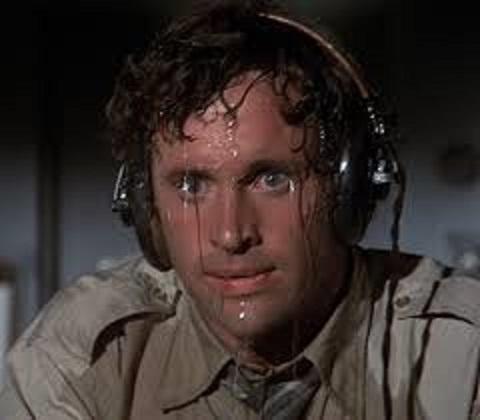Need to be careful when interpreting those stats. 80% of accidents doesn't tell us how many accidents were averted by human pilots. If there are 100,000 flights per day and 1% of them have something go wrong but only 1% of *those* flights result in an accident, we're talking about 1,000 potential accidents but only 8 accidents caused by human error. That means 2 accidents weren't caused by human error but 990 potential accidents were avoided presumably by corrective action by human pilots. The 100K flights per day is accurate, you'll have to search the percentage of potential accidents and actual accidents and plug the numbers in to assess the extent of the issue, but that's how you need to run the numbers in order to evaluate human vs. automated flight safety and not just how many accidents were caused by each.In some circumstances, pilots do save lives after a mechanical issue or a bird strike. However, it is estimated that 80 percent of accidents are caused by pilot error.
http://www.bbc.com/travel/story/20130521-how-human-error-can-cause-a-plane-crash
If only 20 percent of accidents are caused by mechanical/weather/external issues, we might actually come out ahead even if we assume that a human pilot is always successful in that 20 percent situation and autopilot always fails. In reality not every pilot is a Sully and I would guess that autopilot might not always fail in an emergency situation. Just a few weeks back an Air Canada flight almost landed on two planes because the pilots aimed for the taxiway and not the runway.
Big shocks? Come on, when was the last time you flew? In a couple years we'll be lucky if the airlines aren't stacking passengers nut to butt.You can also get rid of turbulence by building the seats onto big shocks, like the magnetorheological style. That would be nice =P
![[H]ard|Forum](/styles/hardforum/xenforo/logo_dark.png)

